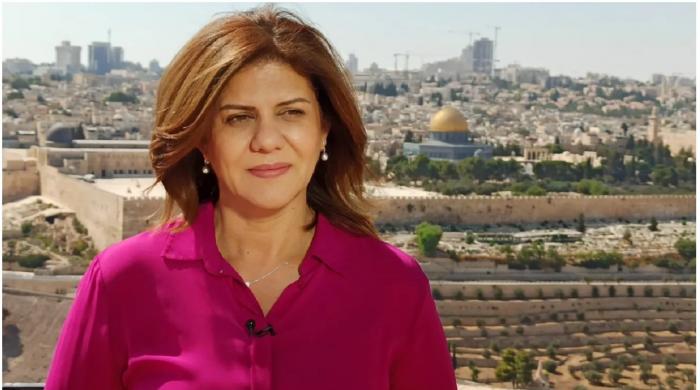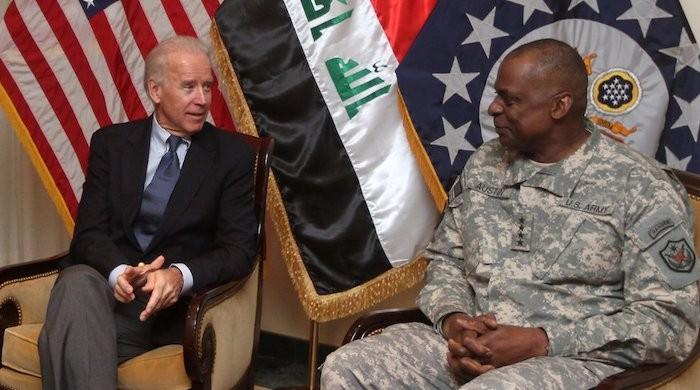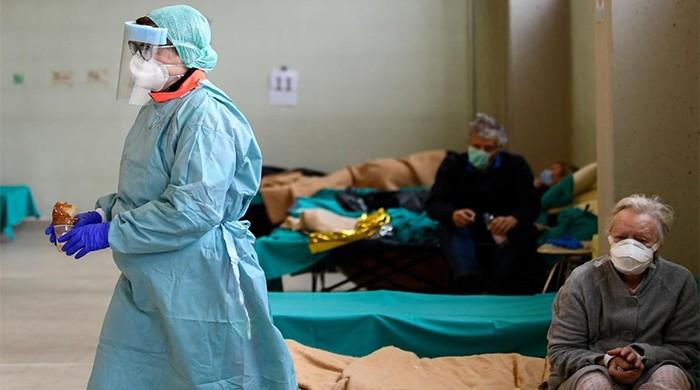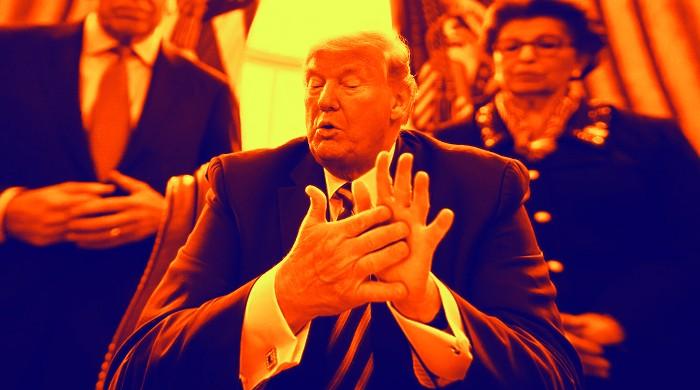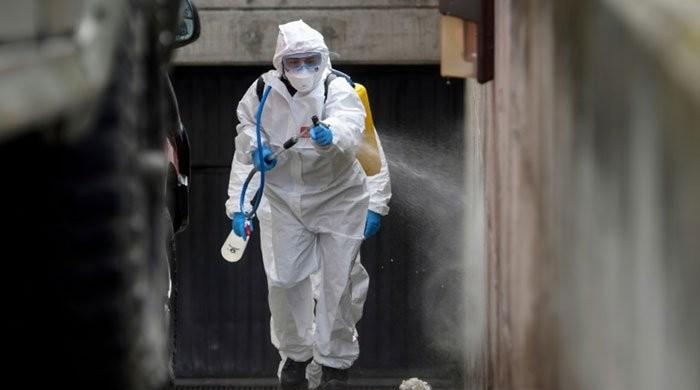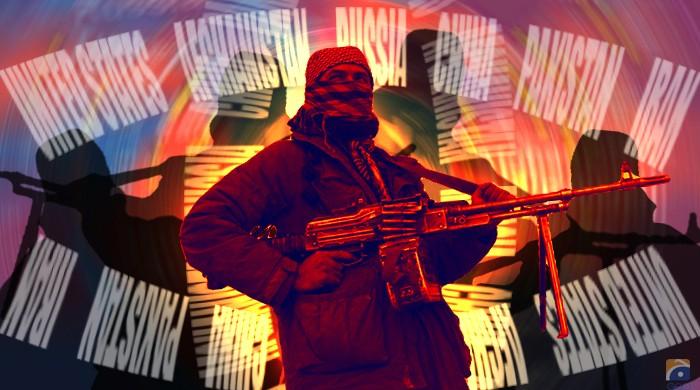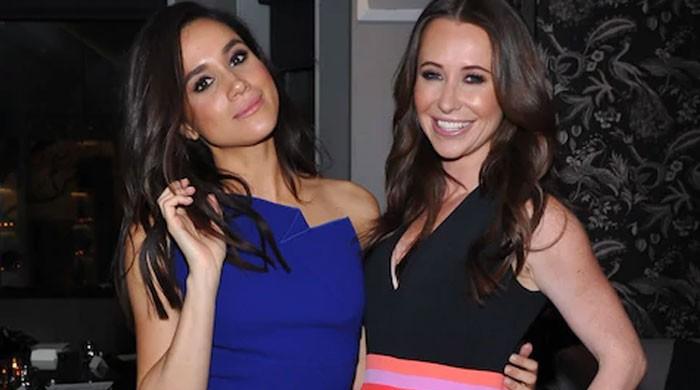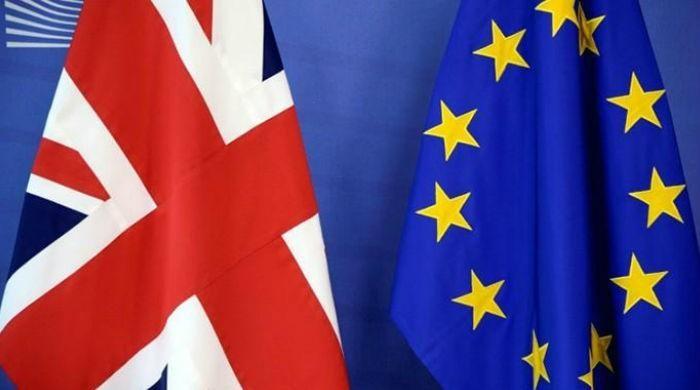Why is Putin calling for the UNSC P5 summit?
Vladimir Putin has penned an article of almost 10,000-words to support his narrative
June 29, 2020
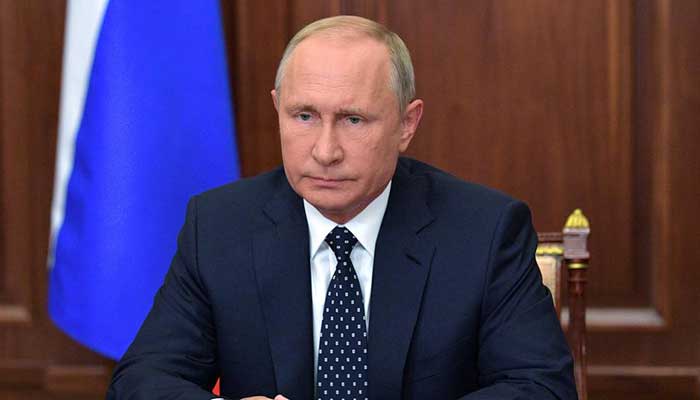
Russian President Vladimir Putin has come out to stop a looming post-pandemic economic war. He has proposed a summit of the United States, United Kingdom, France, China and Russia.
The president of the Russian Federation, for 20 years, has also penned an article of almost 10,000-words to support his narrative.
Traditionally, Putin is known for long annual press conferences, where he answers the questions of hundreds of local and international journalists for hours on end. Which is why it is rare for him to write an opinion piece to challenge the conscience of the permanent members of the United Nations Security Council (UNSC).
The article, titled “The Real Lessons of the 75th Anniversary of World War II,” is a lecture to Americans and Europeans who downplay Soviet’s role in defeating Adolf Hitler. But, the catch comes at the conclusion where he emphasises that special item on the next UN Security Council's five permanent members (the P5) summit’s should be the global economy.
To emerge strong post-pandemic, major economies across the world have two obvious options: they can either apply creative ways to reboot their financial systems or wage wars on one another. History is a witness that the world powers have always explored both if not exclusively the latter.
Shattered by a global pandemic, the world has till now focused on developing a vaccine for the virus and on cooperating in fighting COVID-19. However, efforts to subjugate rival economies have also exacerbated, which is why President Putin warned in his article that “it is unacceptable to turn the economy into an instrument of pressure and confrontation.”
Though it is debatable why the Russian leader is seeking only a P5 summit when there are other countries which also qualify to be on the table, let’s first discuss two basic questions about the intentions of the man who has presented himself as farsighted, in the face of a calamity.
No doubt, the deadly virus has unleashed a global recession. It has erased all gains of the US economy. The UK may be the hardest hit, while France has suffered a 5.8% contraction in the first quarter. Meanwhile, the Central Bank of Russia has cut interest rates to its lowest level since the fall of the Soviet Union.
Thanks to the uniformity of authoritative action, only China has come out of this pandemic almost unscathed. This has given Beijing an unparalleled leverage to widen its area of influence beyond 100-plus countries that have signed agreements under the Belt and Road Initiative.
Additionally, China has made sure that none of the 2,600 projects worth $3.7 trillion are cancelled.
China has successfully turned a pandemic into a golden opportunity. Beijing, under the leadership of President Xi Jinping, has first and foremost strengthened the trust of the nation. Moreover, China has proved to be a reliable global supplier. Now, more than ever, it is manoeuvring for global leadership by shaking the new world order.
The old order was long threatened, but never so powerfully challenged as it is today.
American political scientist Henry Kissinger, who avoided endorsing Donald J Trump, had expressed fears of serious dislocation back in 2016. Finding his country more divided than ever, he warned in an article for the Wall Street Journal in April that the “The Coronavirus Pandemic Will Forever Alter the World Order.”
The question is who will most benefit in the new order?
Under the old order, America had tried its best to contain Russia and China. Beijing is now breaking the shackles. But the outlook of this altered world order doesn’t serve Russia’s interests.
This situation has given a platform for Russia and the United States to hammer out differences. So, the man who is seeking to remain in power for the next 16 years wants a regional balance as well as Russia’s due place in the world. In return, Moscow can accommodate the United States in many ways.
Here, just like Kissinger, President Putin has proposed global collaborative efforts to deal with the post-pandemic situation. His proposal is apparently beneficial for the five countries with opposite interests and has attracted appreciation even in the US.
But how far will such a meeting benefit China is an open question.
Beijing has already expressed readiness to attend the meeting, even though it has remarked that “cooperation between the P5 is of great significance to maintain multilateralism and the post-war (WWII) international order.”
It is evident that China will not allow any efforts to limit its rising trajectory. In attending the UNSC meeting, it sees no harm. After all, China has veto power. And, in Putin’s words veto “is the only reasonable alternative to a direct confrontation.”
In any case, the pandemic will not easily bring leaders to the table and stop them from fueling confrontations.
By attending the summit, UK’s Boris Johnson and France’s Emmanuel Macron will neither loose or gain anything. But, Donald Trump will, if he joins it before November. Surely, the Democrats will further belittle him. They already ridicule his presidency as a gift to Russia and blame him for debasing himself before Putin.
The only victor will be Putin who has advocated for this summit. Even by proposing it, he has showcased himself as a perceptive leader.
For now, it hardly matters when such a summit takes place. Whenever it is organised, the leaders will toast in Putin’s honour for having a clear path to remain the president forever.
Rest will be business as usual.




